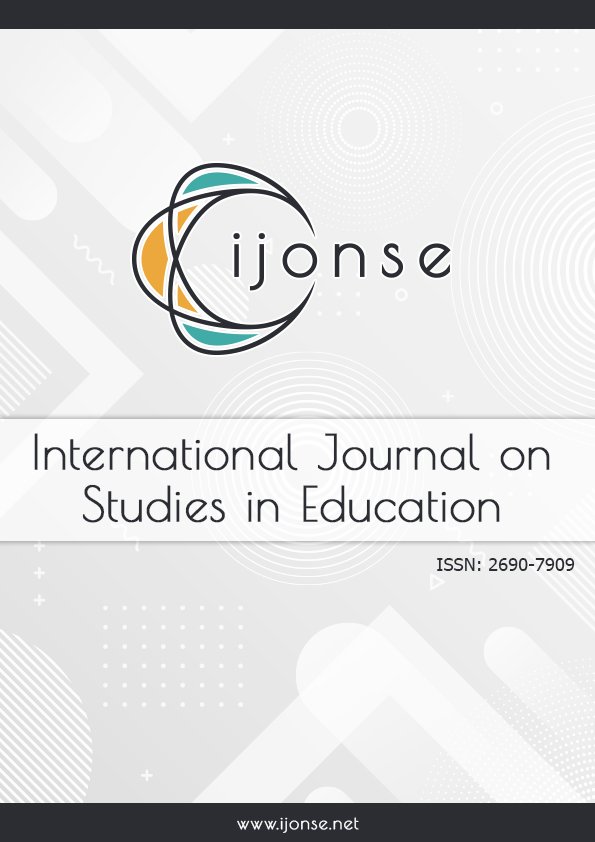Experience-Based Universal Design for Learning (UDL) Applications: Building Bridges to Overcome Barriers
DOI:
https://doi.org/10.46328/ijonse.187Keywords:
Learning barriers, Universal Design for Learning (UDL), Teacher preparationAbstract
The purpose of this phenomenological study was to examine the autobiographical memory narrative through which graduate teacher candidates (TCs) identified (1) barriers to learning, (2) Universal Design for Learning (UDL) checkpoints to remove these barriers, and (3) strategies for addressing the UDL checkpoints to remove the barriers. This study explored lived experiences among graduate TCs in relation to (a) UDL training in the graduate teacher preparation programs, (b) barriers to learning among their past experience, and (c) UDL checkpoints’ applications to removing the self-identified barriers to learning. Emerging themes and subthemes indicated that the participants used specific UDL checkpoints to overcoming specific types of barriers to learning in the past experience in K-16 education. This indicates their recognitions of specific types of barriers to learning, identifications of specific UDL checkpoints for overcoming the barriers, and considerations of specific strategies based on the identified UDL checkpoints. Implications for the future study includes having autobiographical memory narratives as a practical learning tool for graduate TCs to put themselves into perspectives of (A) students experiencing barriers to learning and (B) teachers applying UDL checkpoints to removing the barriers to learning.References
Takemae, N., Mackey, M., & Foshay, J. (2024). Experience-based Universal Design for Learning (UDL) applications: Building bridges to overcome barriers. International Journal on Studies in Education (IJonSE), 6(1), 1-26. https://doi.org/10.46328/ijonse.187
Downloads
Published
Issue
Section
License
Articles may be used for research, teaching, and private study purposes. Authors alone are responsible for the contents of their articles. The journal owns the copyright of the articles. The publisher shall not be liable for any loss, actions, claims, proceedings, demand, or costs or damages whatsoever or howsoever caused arising directly or indirectly in connection with or arising out of the use of the research material.
The author(s) of a manuscript agree that if the manuscript is accepted for publication in the International Journal on Studies in Education (IJonSE), the published article will be copyrighted using a Creative Commons “Attribution 4.0 International” license. This license allows others to freely copy, distribute, and display the copyrighted work, and derivative works based upon it, under certain specified conditions.
Authors are responsible for obtaining written permission to include any images or artwork for which they do not hold copyright in their articles, or to adapt any such images or artwork for inclusion in their articles. The copyright holder must be made explicitly aware that the image(s) or artwork will be made freely available online as part of the article under a Creative Commons “Attribution 4.0 International” license.

This work is licensed under a Creative Commons Attribution-NonCommercial-ShareAlike 4.0 International License.





